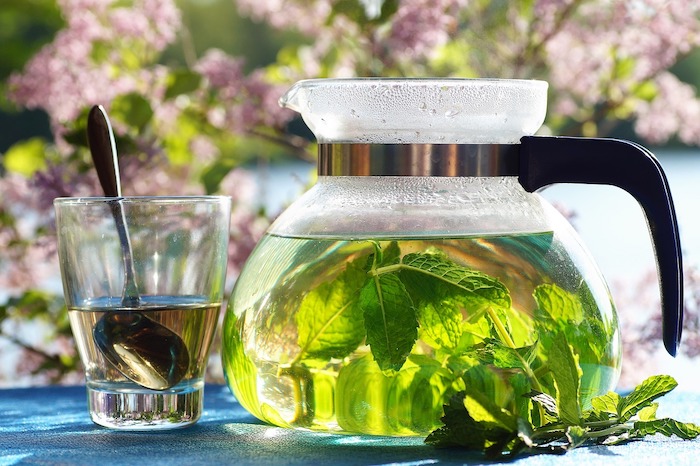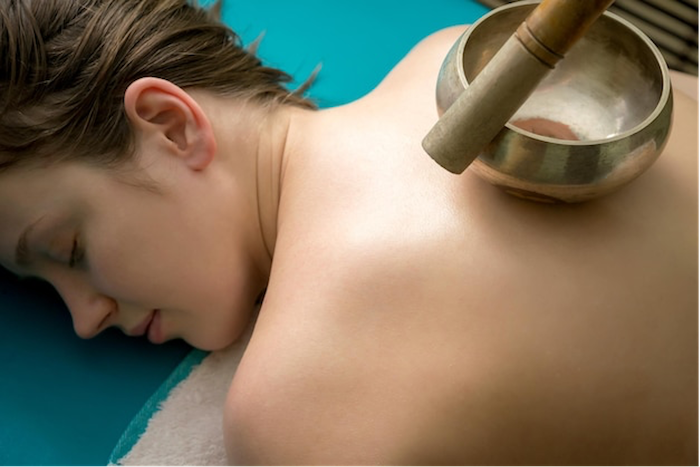5 Unconventional Methods for Stress Relief

These days, balancing work, family, friends, and personal wellbeing presents all kinds of tension and challenges. It’s nearly impossible to avoid stress in our modern hustle and bustle and hectic daily lives, but we can manage our response to it.
If only we could “just stop being stressed.” Sadly, the human mind does not work that way. An in-depth transformation of the ways we react to stress would require addressing the complex psychological, behavioral, and biological determinantsunique to each individual.
In the meantime, there are small but effective ways to calm the mind, even if for a moment. When your usual methods for dealing with work stress and for when you are feeling anxious no longer suffice, you can always try alternative methods.
Stress Relief Alternatives When Regular Methods Don’t Work
Here are five unconventional methods to give a try when your conventional stress relief routines don’t do it for you anymore:
1. Herbal teas

As much as we rely on artificial elements and processes in our daily lives, we are still organic creatures. Stress is an organic response of our mind-body to the negative influences in our environment. To ease up the tension, you can heed ancient wisdom and resort to the calming effect of herbs.
The benefits of herbal teas for the mind and body are not just traditional wisdom, but also backed by science. According to research, drinking tea can lower the level of cortisol, the stress hormone, in the body. Another study has found that regular consumption of green tea can decrease the likelihood of developing depression by 21%.
Herbal teas are rich with natural components such as antioxidants, antiviral and antibacterial substances, and various stress-reducing ingredients. Even the smell of a freshly brewed hot tea can help calm the nerves and the digestive system (i.e., “the second brain”).
Pay attention to your favorite flavors and aromas and pick a delicious herbal tea to wind down after a stressful day.
2. Pure kratom extract
Kratom, or as per its scientific name Mitragyna speciosa Korthals, is a tree originating in Southeast Asia. Kratom is preferred for its various potential effects such as boosting your mood, easing sleep troubles, alleviating discomfort, increasing focus and stress relief. It can also contribute to an overall sense of well-being and relaxation.
Various strains (such as red-vein, white-vein, green-vein) of kratom are available on the market in different forms which are leaves, powder and extract. There is no “one size fits all” solution–each strain can have different effects for different people.
Pure kratom extract is a potent form of the plant, preferred for its rich mitragynine component and strengthened relaxing aroma. Kratom extract is produced through processes which eliminate the excess parts of the plant, and offers a concentrated option for those seeking the stress relief benefits.
2. CBD (cannabidiol) essential oils
The healing properties of cannabidiol (CBD) can also be another natural alternative for stress relief. Different from the psychoactive component of cannabis plants, tetrahydrocannabinol (THC), CBD offers discomfort relief and relaxing properties.
A recent study on CBD essential oil suggests that using CBD can result in feeling more energetic, relaxed, and calm. Moreover, according to a report by the World Health Organization, CBD has no adverse effects in humans, which indicate no abuse or dependence potential. The use of pure CBD has no proven connections to any public health problems to date.
If you’re looking for a plant-based method to alleviate your stress, CBD essential oils are a great option. Sublingual CBD oils tend to have a strong cannabis aroma, however, there are a variety of oils infused with different flavors such as peppermint. There are also topical forms of CBD oil, some of which come with skin care benefits.
3. Tibetan singing bowls
Sound therapy is an ancient Buddhist practice that dates back to as early as the 13th-11th centuries BCE. Paired with different meditation and somatic relaxation techniques, the high-intensity and low-frequency sounds of the singing bowls can ease your tension and stress.
According to a study, being exposed to sound meditation using Tibetan singing bowls can significantly increase feelings of well-being. Those who integrate sound meditation into their routine report less tension, anger, fatigue, and depressed mood.
Even if you’re a skeptic when it comes to alternative wellness practices, singing bowls are conveniently priced and easy to try. The bowls usually have a metal body, made of alloys containing lead, tin, iron, copper, mercury, silver and gold. They come with a mallet, which is pressed against the rim in circular motions to create the healing tones.

5. Write it off
Journaling seems to be all the hype these days. Looking at the benefits of self-expressive writing, it is worth all the hype. Apparently, writing regularly about your emotions not only helps you track your emotional journey, but it also contributes to emotional well-being and managing stress itself.
Writing expressively about traumatic or stressful events has been found to have therapeutic effects. When it comes to processing stress, it always helps to “get it off your chest”. Journaling offers that relief, minus the fear of being judged. Additionally, while writing, your thoughts undergo analytical processes that are not necessarily part of verbal expression.
Writing on a paper with a pen activates different regions in the brain as opposed to typing on a digital device, which is a more automatic process. Hence, for a more mindful practice of self-expression, try going the old-fashioned way.






















